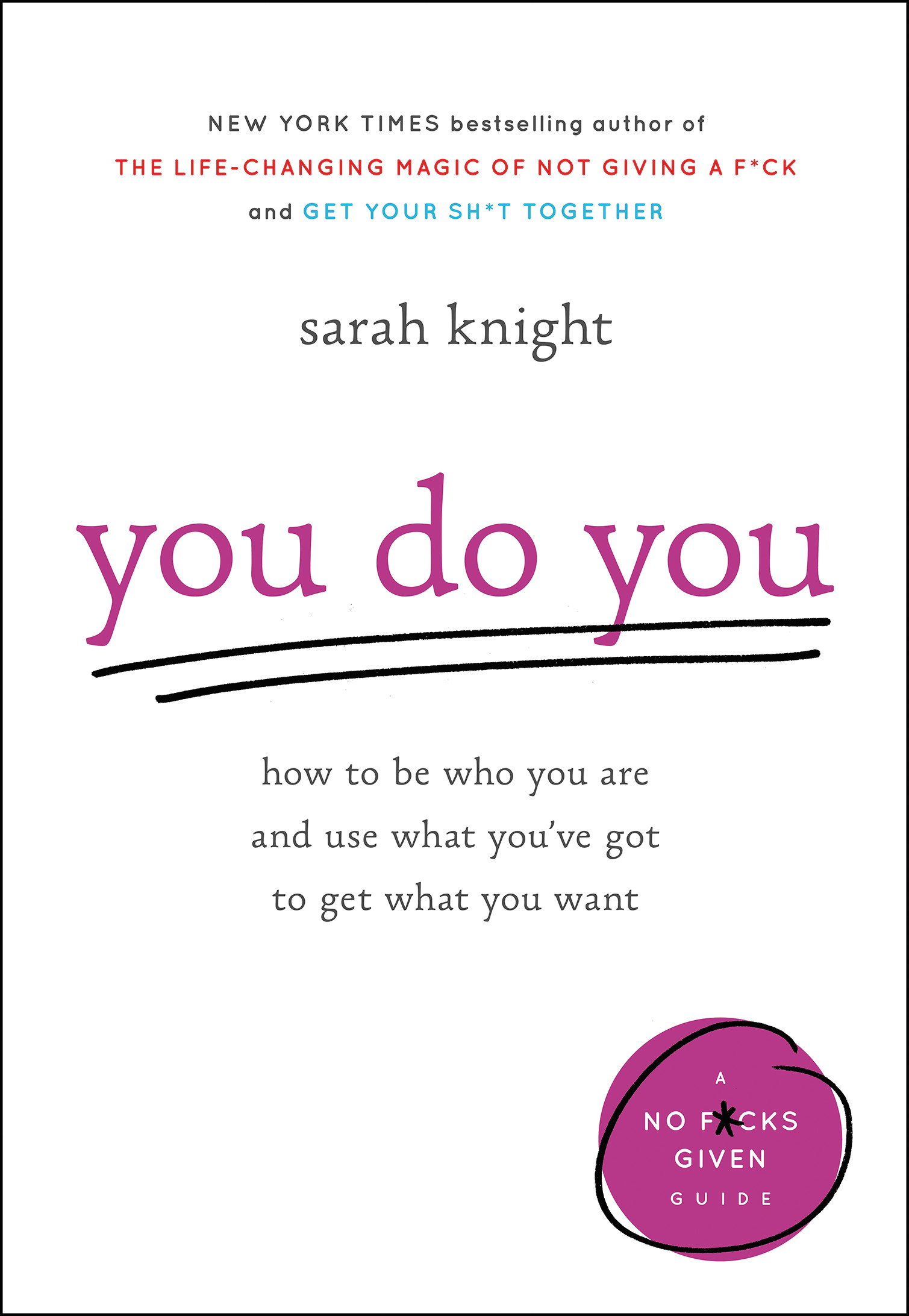
Rules come in all shapes and sizes. Spoken rules, unspoken rules, passive-aggressive signage at the public pool. They’re usually there for a reason, but many of them are not as indisputable as you’ve been led to believe. For most of my life, I was big on following all of the rules. But in the past few years, I started noticing that some of the unspoken, non-legally-enforceable ones were holding me back more than they were helping me. And that my following them wasn’t really helping anybody else, either. So I broke a few. And what do you know? I’ve actually achieved more happiness and success since I stopped being such a stickler for doing stuff the way most people think it “should” be done.

It started with little things, like skipping the weekly marketing meetings at my last job as a book editor. After a few years of getting up an extra hour early on Thursdays just to sit in a room while people recited updates that were unrelated to me getting my work done, I decided enough was enough. If one of my projects was on the agenda (once every five or six weeks), of course I’d make the effort. Otherwise, I’d spend that hour catching forty additional glorious winks.
I’d be doing unto others exactly like I’d want them to do unto me, i.e., not getting up an extra hour early for the privilege of packing into a too-small conference room together to watch my lips move just because everyone else is doing it. My absence wouldn’t be hurting anyone, I reasoned, and I certainly wouldn’t miss the low-level fug of coffee breath, the pissing matches among my colleagues or the occasional tray of picked-over bagels. Furthermore, who would really miss me?
As it turned out, nobody except one stickler-for-the-rules coworker who pestered me every Thursday when he spied me rolling into the office at my usual 10 a.m. (Okay, 10:15.) “Where were you?” this fellow would ask. “Do you think this meeting is optional?” He was joking — sort of. He knew the marketing meeting wasn’t mandatory for non-marketing staff, but he really felt like we (the editorial staff) should be there, and that if he had to follow the rules, so should I.
To be fair, I’d thought that too, for three wildly misinformed years. But when I decided to break an unspoken rule of office etiquette (“If you have to suffer through this mind-numbing crap, so should everybody else”), my life got tangibly better. By my back-of-the-envelope calculations, I saved myself at least 40 hours — or one full-time work week — of precious, blessed sleep each subsequent year. Can’t beat that with a stale sesame seed bagel.
This, ladies and gentlemen, is a USDA prime example of when it’s okay to break a rule. Not only did it benefit me without hurting anyone else, it also opened up an extra 2.2 cubic feet of space for another poor soul who did have to be there, and it surely emboldened others who didn’t.
With this success in my back pocket, my rule-breaking began to take more audacious forms. I flouted dress codes and wore flip-flops every day, not just Friday. I decided to get loud about my opinions instead of sitting idly by and avoiding confrontation. Occasionally, I brought only my B+ game. It felt good.
“Rules are rules!” you might say. But now I say, “Eh, most of them are just suggestions.”
Along with reducing my day-to-day stress and making me feel more confident and empowered, breaking some of these unwritten rules made me a better employee, and a better person in general. It’s a lot easier to be creative and industrious when you’re focused on real challenges rather than “suggested” ones. And when you go out with your friends or home to your partner after a calm, productive day, you’re a lot more fun to be around, too.
Excerpted from You Do You: How to Be Who You Are and Use What You’ve Got to Get What You Want by Sarah Knight (Little, Brown, November 21, 2017).
More Must-Reads From TIME
- The 100 Most Influential People of 2024
- Coco Gauff Is Playing for Herself Now
- Scenes From Pro-Palestinian Encampments Across U.S. Universities
- 6 Compliments That Land Every Time
- If You're Dating Right Now , You're Brave: Column
- The AI That Could Heal a Divided Internet
- Fallout Is a Brilliant Model for the Future of Video Game Adaptations
- Want Weekly Recs on What to Watch, Read, and More? Sign Up for Worth Your Time
Contact us at letters@time.com